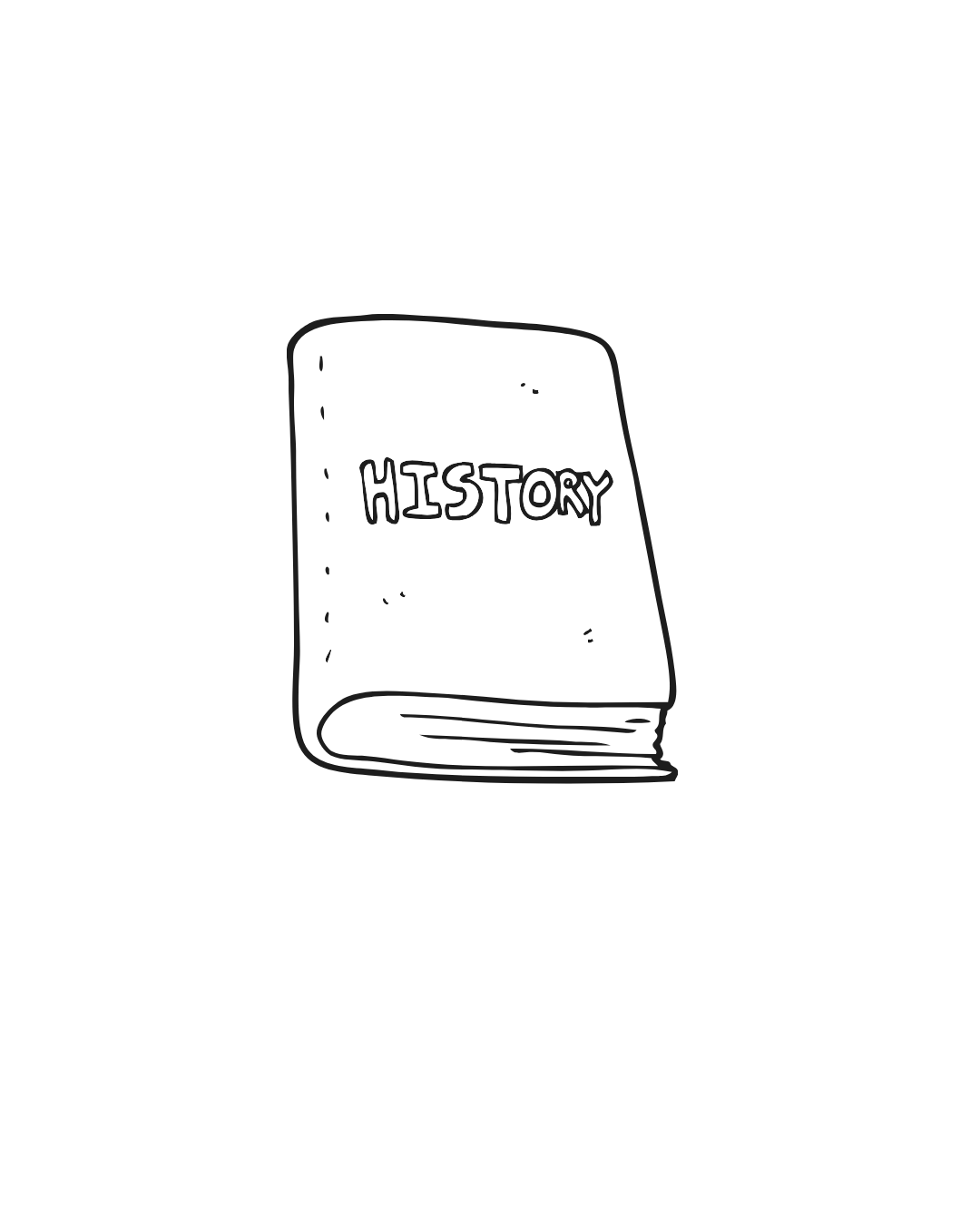Description
A Master of Arts (MA) in History is a graduate program that provides students with a comprehensive understanding of historical events, themes, and methodologies. This program typically emphasizes critical thinking, research skills, and the ability to analyze historical texts, helping students to engage deeply with various periods and regions of history.
Program Overview
Duration: Generally takes 1 to 2 years to complete, depending on whether students are enrolled full-time or part-time.
Mode: Offered in various formats including in-person, online, or hybrid, allowing for flexible learning options.
Eligibility: Requires a bachelor’s degree in history or a related field; however, some programs may accept students from other disciplines with a demonstrated interest in history.
Core Subjects
The curriculum for an MA in History often includes a mix of required courses and electives, such as:
Historical Methodology: Introduction to the methods and approaches historians use to study the past, including source analysis, historiography, and research techniques.
Thematic and Regional Histories: Courses focusing on specific themes (like gender, war, or economics) or regions (such as American, European, Asian, or Middle Eastern history).
World History: Examination of global historical processes and interactions, emphasizing interconnectedness across different cultures and time periods.
Specialized Topics: In-depth studies of particular events, periods, or figures, which can vary widely based on faculty expertise and student interests.
Historiography: Analysis of how historical interpretation has changed over time and the evaluation of different historical narratives and perspectives.
Research Seminar: A hands-on course where students conduct original research, often culminating in a thesis or major project.
Skills Developed
Research Skills: Ability to conduct thorough research using primary and secondary sources, including archives, libraries, and digital databases.
Analytical Thinking: Enhanced capacity to critically assess and synthesize complex historical information.
Writing Proficiency: Strong writing skills, particularly in crafting coherent, persuasive, and well-supported historical arguments.
Presentation Skills: Experience presenting research findings in academic and public contexts, developing oral communication skills.
Career Opportunities
Graduates with an MA in History can pursue various career paths, including:
Educator/Teacher: Teaching history at secondary schools or community colleges; some may also pursue positions in higher education, which often require further education (e.g., Ph.D.).
Historian/Researcher: Conducting historical research for universities, government institutions, or museums.
Archivist: Managing historical documents and collections in libraries, archives, or cultural institutions.
Museum Curator: Developing exhibits and educational programs in museums, focusing on historical artifacts and themes.
Public Historian: Engaging in work that connects history with public audiences through initiatives like historical preservation, community history projects, or interpretation at historical sites.
Policy Analyst: Applying historical knowledge to inform decisions in government or non-profit sectors, particularly in areas with historical implications.
Benefits of Pursuing an MA in History
In-Depth Knowledge: Provides a thorough understanding of specific historical topics and broader patterns across time and cultures.
Critical Perspective: Develops the ability to think critically about current events in light of historical context, fostering informed citizenship.
Professional Skills: Equips graduates with transferable skills (research, writing, analysis) that are valuable in many career fields.
Additional Considerations
When considering an MA in History:
Focus Areas: Identify programs that allow you to specialize in areas of personal interest, whether thematic (like social history) or geographic (like U.S. history).
Thesis Options: Consider whether you want to complete a thesis or a non-thesis track, as this can shape your graduate experience and future career choices.
If you have any specific questions about the program, its components, or potential career opportunities in history, feel free to ask!









